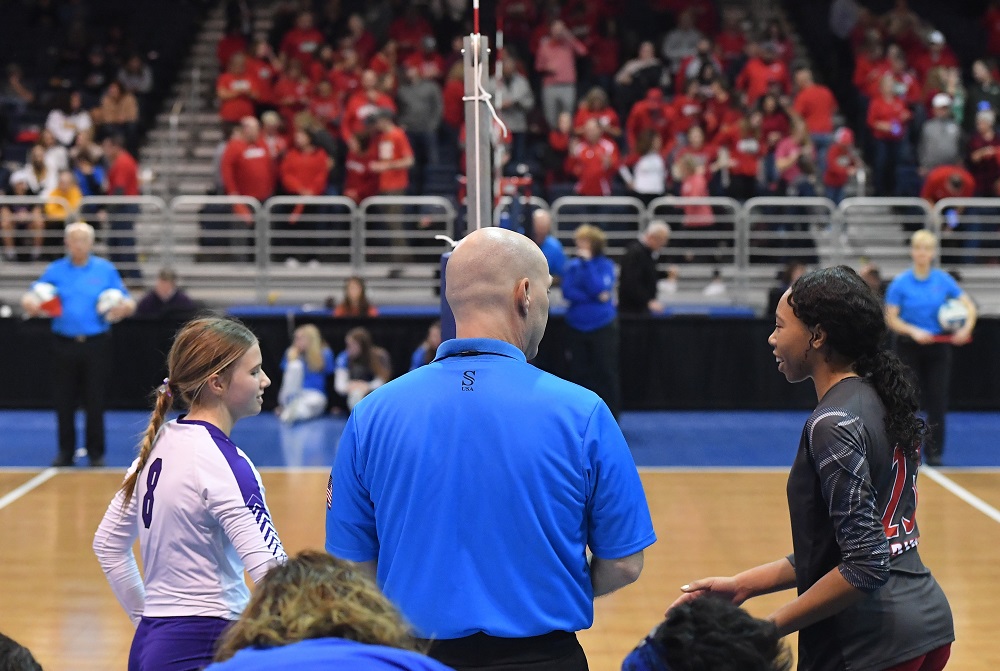
Officiating’s High Calling
October 28, 2016
One of the sports world’s better wordsmiths is Referee Magazine publisher Barry Mano. He’s also a fine thinker, as these artful lines demonstrated at the 2016 Officiating Industry Luncheon in San Antonio:
“Let me provide, in all subjectivity, some observations about our environment, about our fellow citizens. We are:
-
“More generous but less forgiving.
-
More open but less discriminating with that openness.
-
More informed but less knowledgeable.
-
More litigious but less willing to abide by the rules.
-
Quick to seek an expert opinion, then just as quick to get a second opinion, one that agrees with ours.”
Barry is president of the National Association of Sports Officials (NASO) which helps contest officials at all levels aspire to be discriminating and knowledgeable adjudicators of fair and healthy competitive athletics.
At a time when the number of registered officials with the Michigan High School Athletic Association has sunk to a 30-year low, Barry’s words are a clarion call to young men and women of character to consider sports officiating as an avocation, or even vocation, that will enrich their lives immensely.

Be the Referee: Volleyball Unplayable Areas
By
Paige Winne
MHSAA Marketing & Social Media Coordinator
November 14, 2023
Be The Referee is a series of short messages designed to help educate people on the rules of different sports, to help them better understand the art of officiating, and to recruit officials.
Below is this week's segment – Volleyball Unplayable Areas - Listen
We’re on the volleyball court today when my teammate’s second touch sends the ball towards the bleachers, still on our side of the net. I take off running to attempt to hit it over and jump onto the first row of the stands in order to reach it. I am able to volley the ball over the net, and remarkably it falls to the floor untouched for a point. Or is it?
It is not. The bleachers are not a playable area in volleyball, so my hit wouldn’t count. It would actually be a point for the other team. Despite my best parkour efforts, it’s all for naught.
With player safety in mind, there are other unplayable areas in volleyball including the area behind the benches and the space between the benches and scorer’s table.
Before each match, the officials go over playable and unplayable areas with both coaches.
Previous Editions
Nov. 7: Pass/Kick Off Crossbar - Listen
Oct. 31: Cross Country Interference - Listen
Oct. 24: Soccer Overtime - Listen
Oct. 17: Tennis Spin - Listen
Oct. 10: Blocked Kick - Listen
Oct. 3: Volleyball Double & Lift - Listen
Sept. 26: Registration Process - Listen
Sept. 20: Animal Interference - Listen
Sept. 13: Feet Rule on Soccer Throw-In - Listen
Sept. 6: Volleyball Jewelry - Listen
Aug. 30: Football Rules Similarities - Listen
Aug. 23: Football Rules Differences - Listen

